The level of influence of alcohol on rheumatoid arthritis depends on many factors. Patients should consult a doctor to avoid health risks.
Rheumatoid arthritis is an autoimmune disease in which the body's immune system mistakenly attacks the joints, causing inflammation.
Some studies suggest that a small amount of alcohol per week may benefit people with rheumatoid arthritis, reducing their risk of developing the disease. Other studies suggest that drinking alcohol can increase inflammation and make symptoms worse. Immune cells called cytokines are involved in inflammation, and excessive alcohol consumption can increase cytokines.
Scientists have yet to provide clear evidence of the effects of alcohol on rheumatoid arthritis. The extent of alcohol's impact on joint pain and symptoms varies from person to person, depending on many factors such as medication being used, gender, dosage and frequency of drinking, and type of alcohol.
A 2018 study in the Scandinavian Journal of Rheumatology looked at the impact of alcohol on joint erosion, or narrowing of joint spaces, in the hands, wrists, and feet of people with the condition. Researchers found that moderate alcohol consumption was associated with joint erosion in women with the condition, while the opposite was true for men.
However, other research suggests that light to moderate alcohol consumption may reduce cytokine levels, thereby reducing inflammation. A 2014 study in the Journal of Rheumatology found that people with rheumatoid arthritis who drank small amounts of beer had better functional status than those who abstained completely. This effect was only seen with beer, not other alcoholic beverages.
The study also found that moderate drinking may reduce the risk of developing rheumatoid arthritis. Women in the study who drank two to four beers a week had a 31% lower risk of developing the disease than those who never drank beer.
The researchers still note that the benefit of moderate beer drinking on the risk of developing the disease is small, while warning that drinking too much can increase the risk of the disease or worsen symptoms.

Drinking too much alcohol is not good for your health. Photo: Ha Phuong
A 2019 study published in the journal Arthritis Care and Research looked at whether there was any link between alcohol consumption and rheumatoid arthritis symptoms. Researchers relied on a semi-annual survey of 17,000 patients.
In people with severe rheumatoid arthritis, the data show that they tend to stop drinking or never drink at all. On the other hand, people with mild disease tend to drink beer and wine regularly, possibly because they do not notice their symptoms getting worse.
According to the National Institute on Alcohol Abuse and Alcoholism (NIAAA), moderate drinking is defined as no more than one drink (serving) per day for women and no more than two drinks per day for men. A serving is considered a drink, depending on the type of beverage, equivalent to 350 ml of beer, 150 ml of wine, and 44 ml of distilled spirits.
Experts recommend that if you drink alcohol, you can stop drinking for a while to monitor whether your symptoms improve or not. In addition, this also depends on the effects of alcohol on the medication you are taking. Patients should consult their doctor to avoid health risks.
Mr. Ngoc (According to Very well health )
Source link




![[Photo] President Luong Cuong receives former Vietnam-Japan Special Ambassador Sugi Ryotaro](https://vstatic.vietnam.vn/vietnam/resource/IMAGE/2025/3/20/db2d8cac29b64f5d8d2d0931c1e65ee9)
![[Photo] Prime Minister receives a number of businesses investing in Ba Ria-Vung Tau province](https://vstatic.vietnam.vn/vietnam/resource/IMAGE/2025/3/20/8e3ffa0322b24c07950a173380f0d1ba)




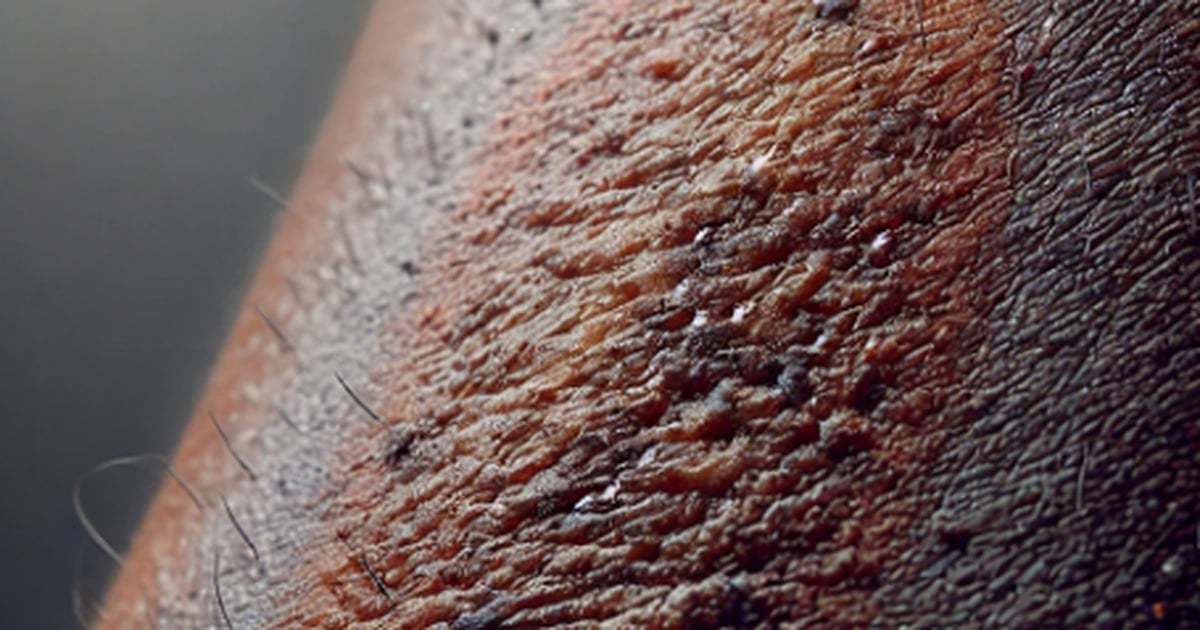

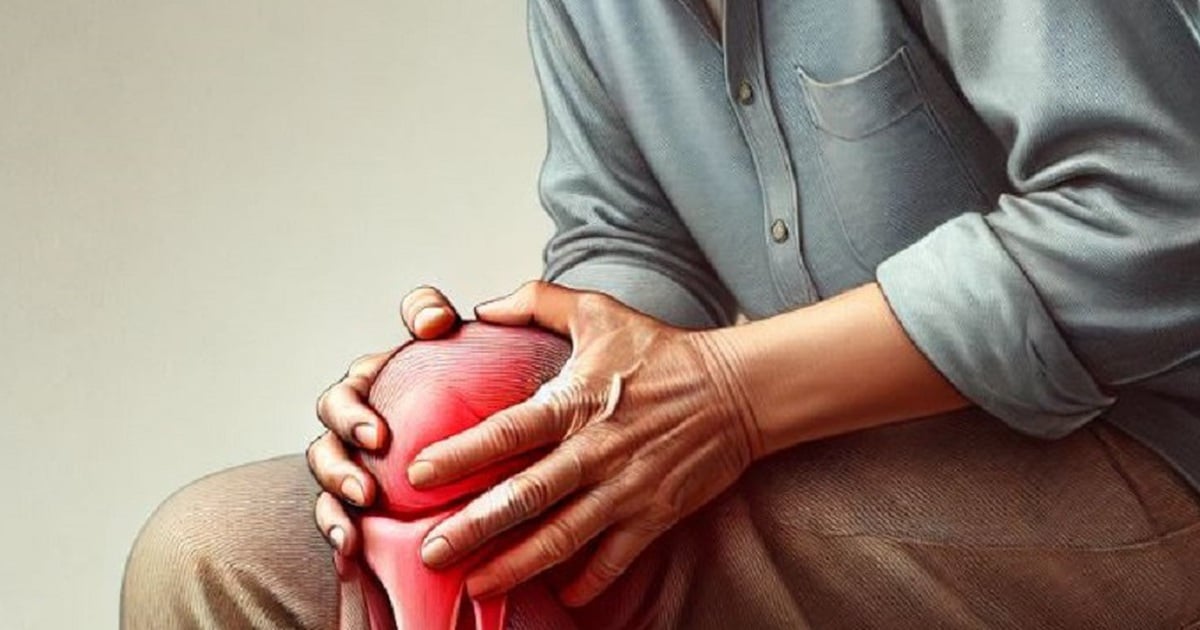
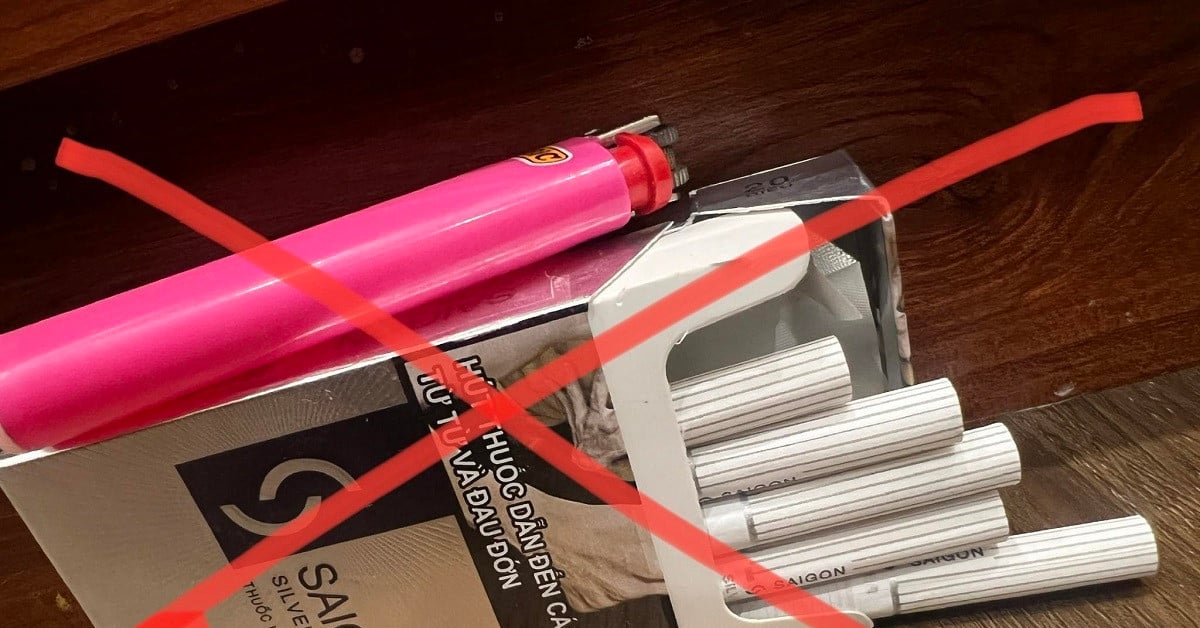



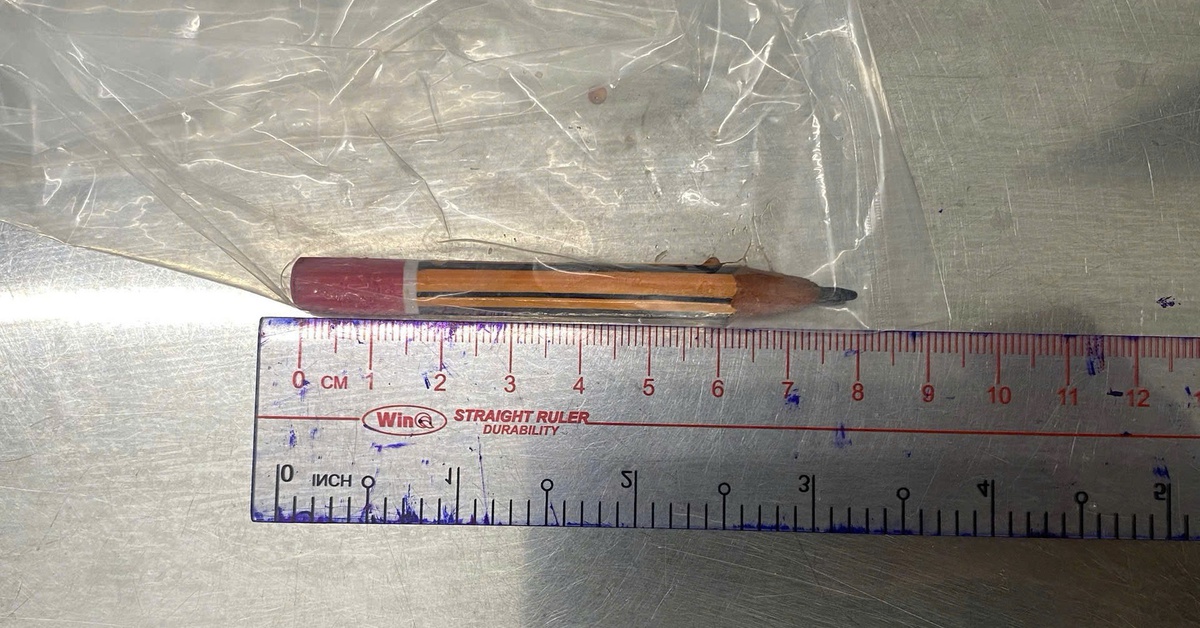



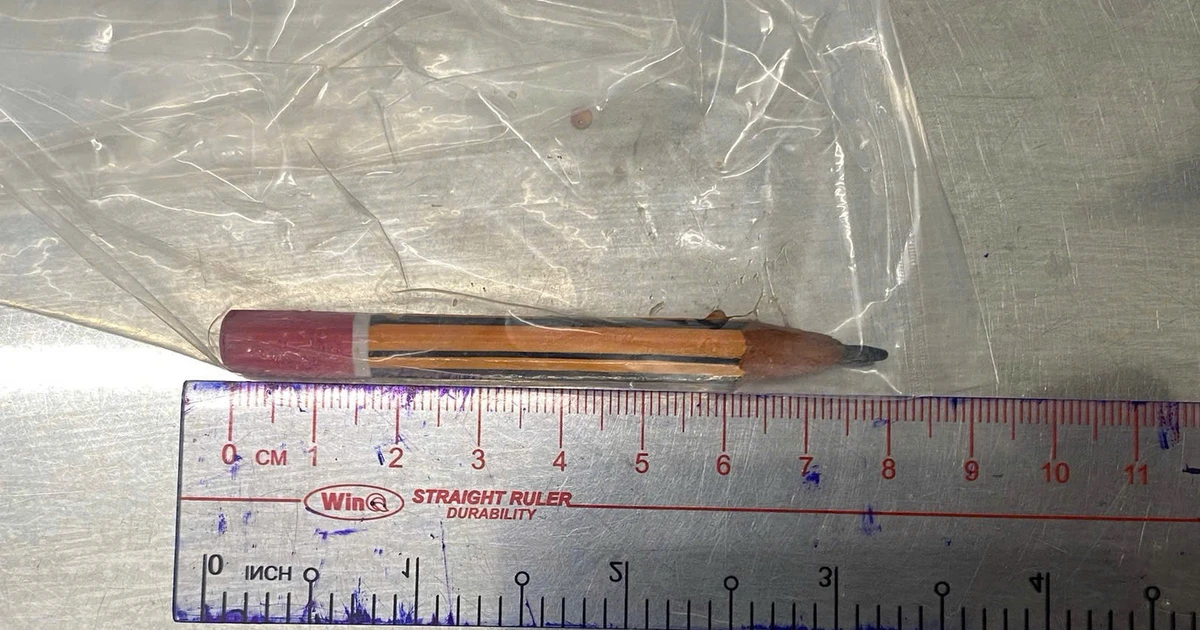











![[Photo] President Luong Cuong receives Ambassador of the Dominican Republic Jaime Francisco Rodriguez](https://vstatic.vietnam.vn/vietnam/resource/IMAGE/2025/3/20/12c7d14ff988439eaa905c56303b4683)



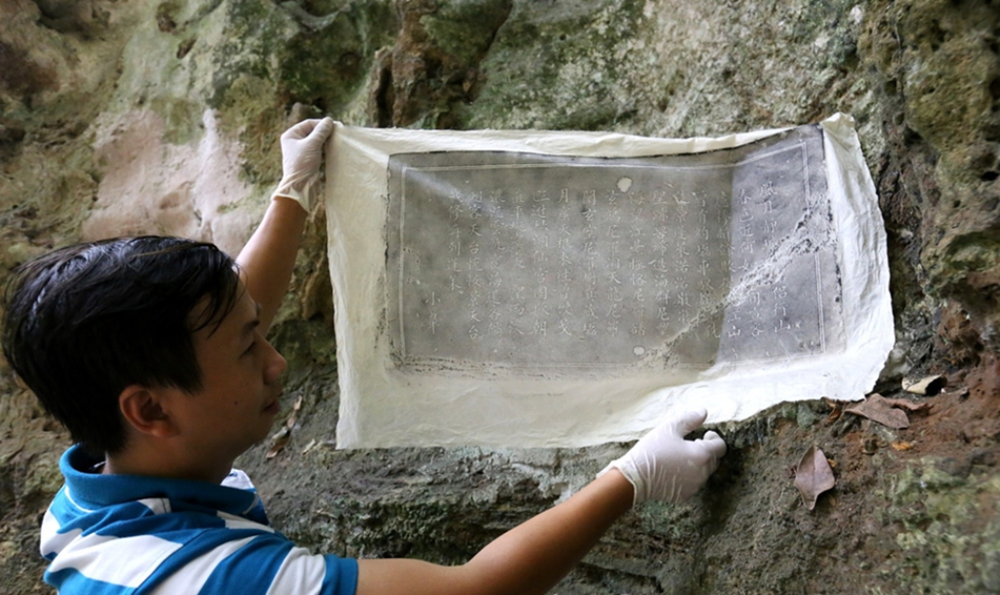

























































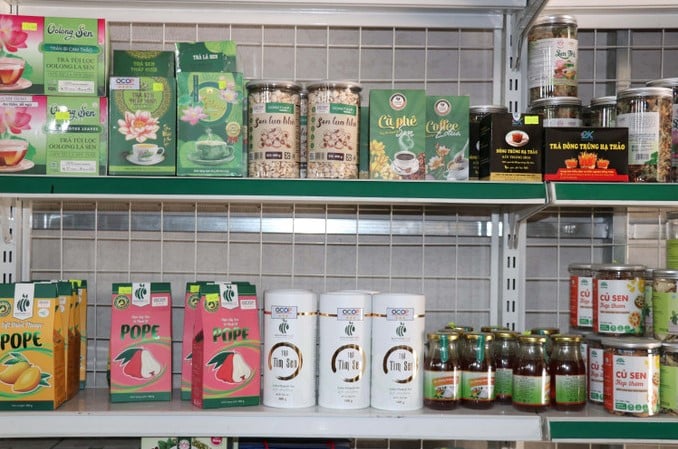

Comment (0)